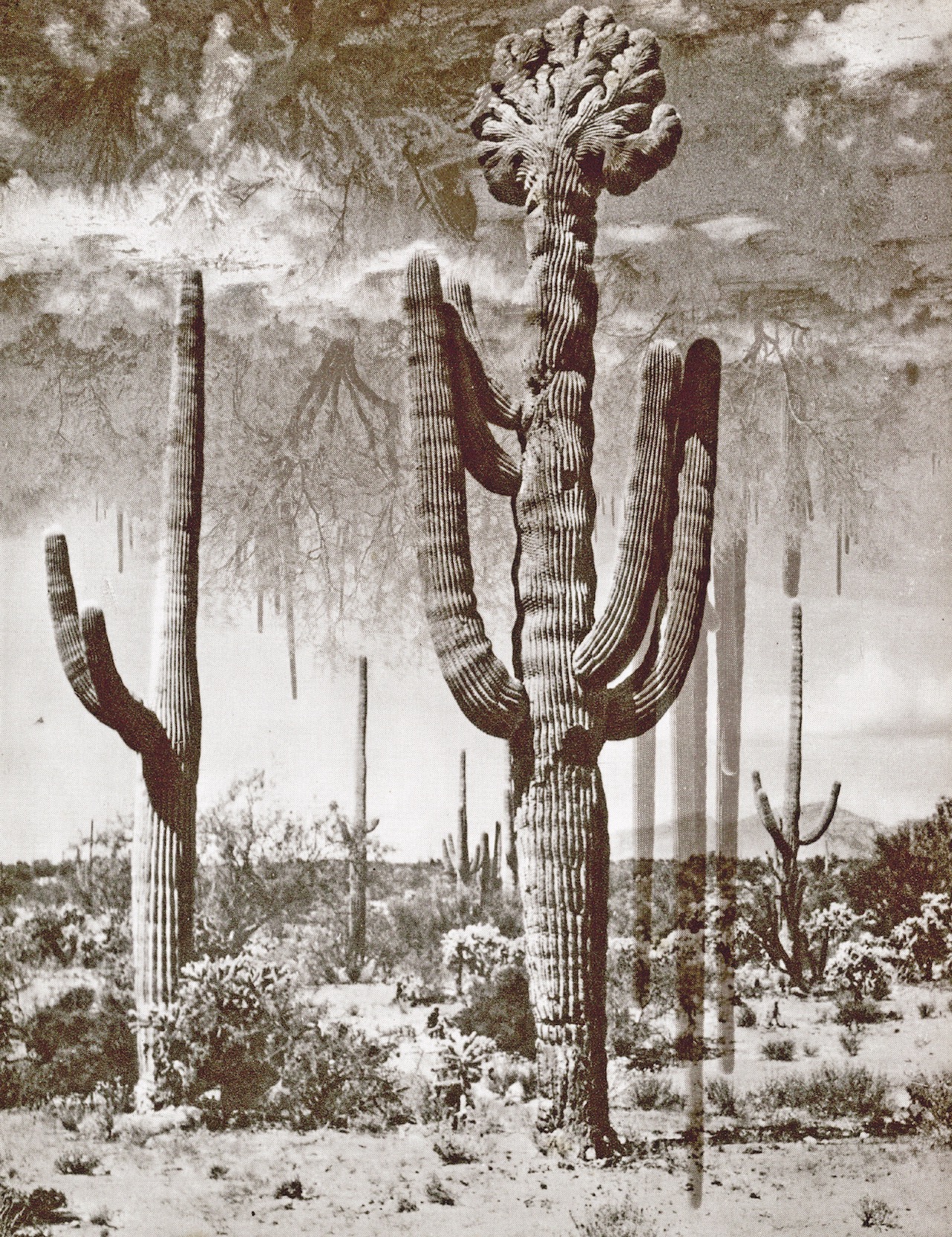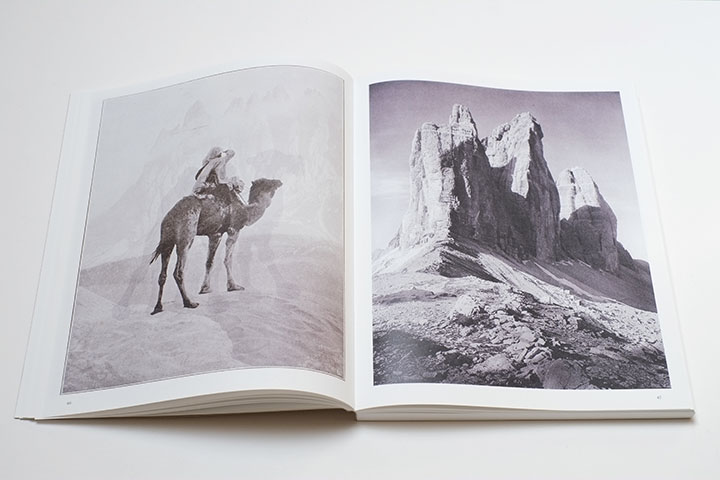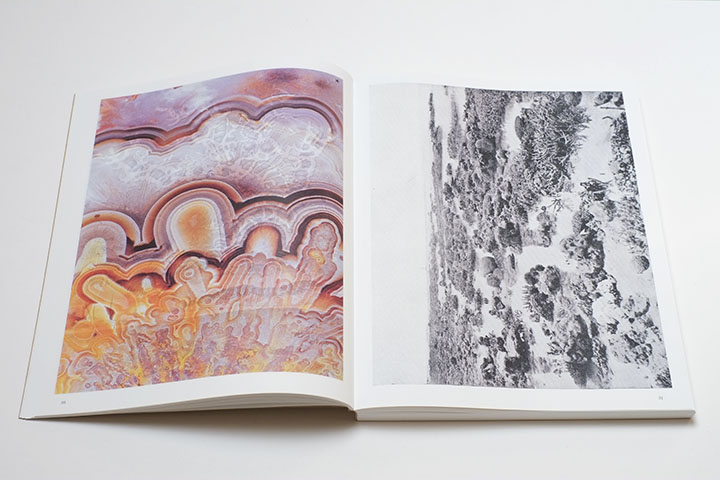Suter’s longing for the Swiss landscape inspired her to create Hexamiles: a project that invites us on a communal walk towards a different future
For centuries, humans have blindly followed a call to dominate and subdue the Earth. Now, as we sit on the cusp of cataclysmic climate change, it is crucial for humanity to reframe our relationship with the natural world. Denial has rendered us strangers in our own land.
In Hexamiles (Mont-Voisin), published by Roma in 2019, Batia Suter draws on her ever-expanding archive of scanned landscapes and invites us on a communal walk towards a different future. She disrupts our perception of home through a collision of majesty and disorientation, triggering urgent reflections on the impact of power, memory and belonging on the planet.
“There are many interesting angles when dealing with the landscape,” the Amsterdam-based artist says. “It’s both about home and the unknown. It’s those moments when you feel lost in the landscape and the vast emotions you can have from belonging to fear.”
Suter has been collecting images of the land for years – a task that is rooted in chance encounters. She favours “lost books”, publications that have been abandoned on the street or live in dusty boxes in flea markets. The photographs, which range from different eras, intentions, technologies and modes of reproduction, contain a rich history loaded with hidden reverence. “They all have different souls,” Suter says. “I think about images as monuments in our culture that mix with our memory.”
The title, Hexamiles, refers to the term ‘hexameter’, a form of writing where a line of verse contains six ‘accents’ or ‘pulses’ as used in Homer’s Odyssey. In this way, Suter sequences images of disparate landscapes. Derelict wastelands and wild forests sit amongst epic mountains and seascapes, shifting between the romantic and the menacing.
Suter also creates “impossible landscapes”, layering geological and biological environments to transport us to another realm. “I love to imitate the dream, and I was very curious what they could trigger. In German, we call it ‘fernweh’, an ache or pain to explore another land.”
While the project considers multiple entry points, Suter’s longing for the Swiss landscape, her home country, is what inspired her. “I miss the physicality of the place,” she explains. “I miss the rocks, the mountains, the sturdiness.” This emotional impulse, a primal response to the way land imprints on every facet of our consciousness, conjures a haunting presence throughout the project, revealing our precarious symbiotic coexistence with our planet.



